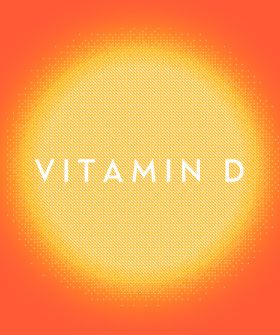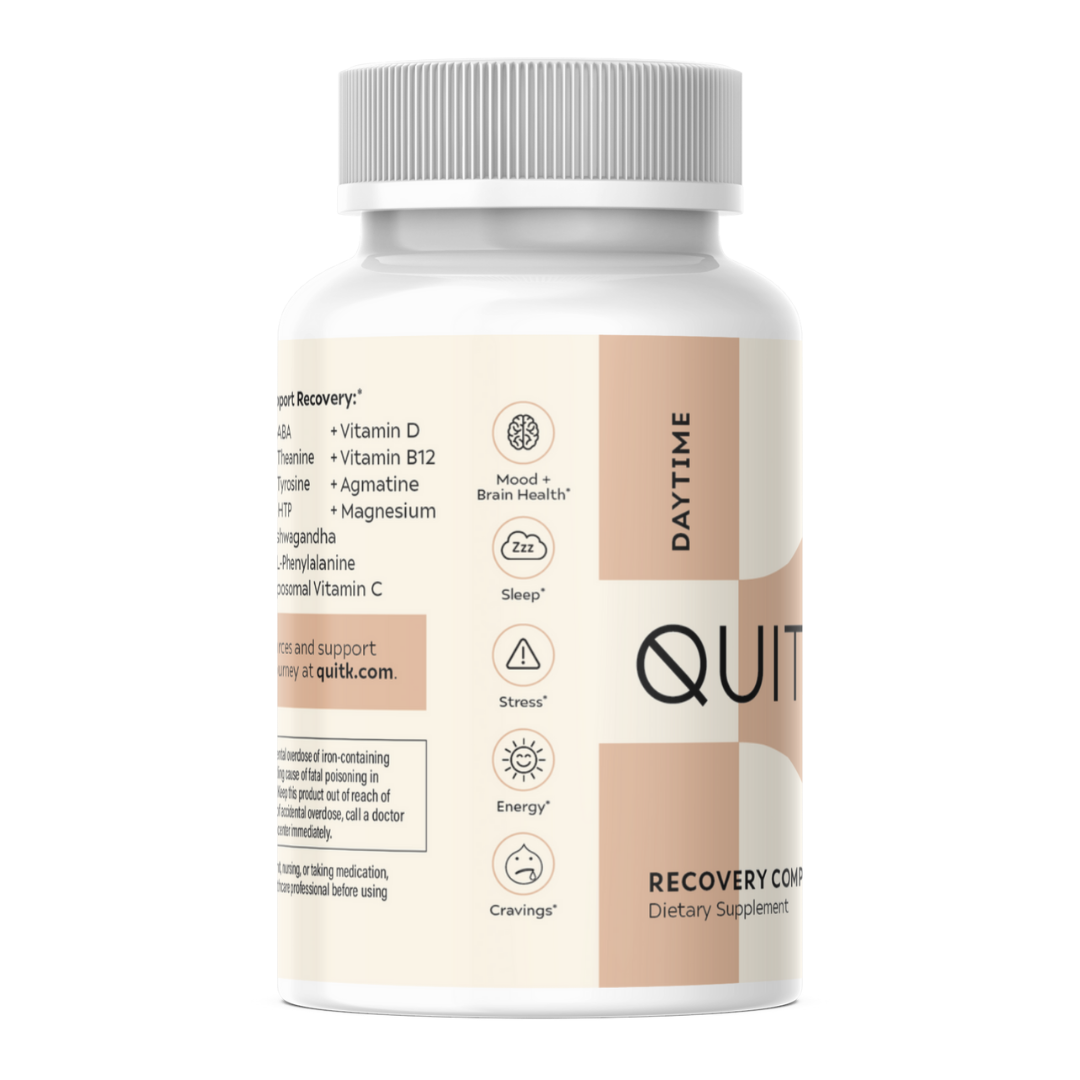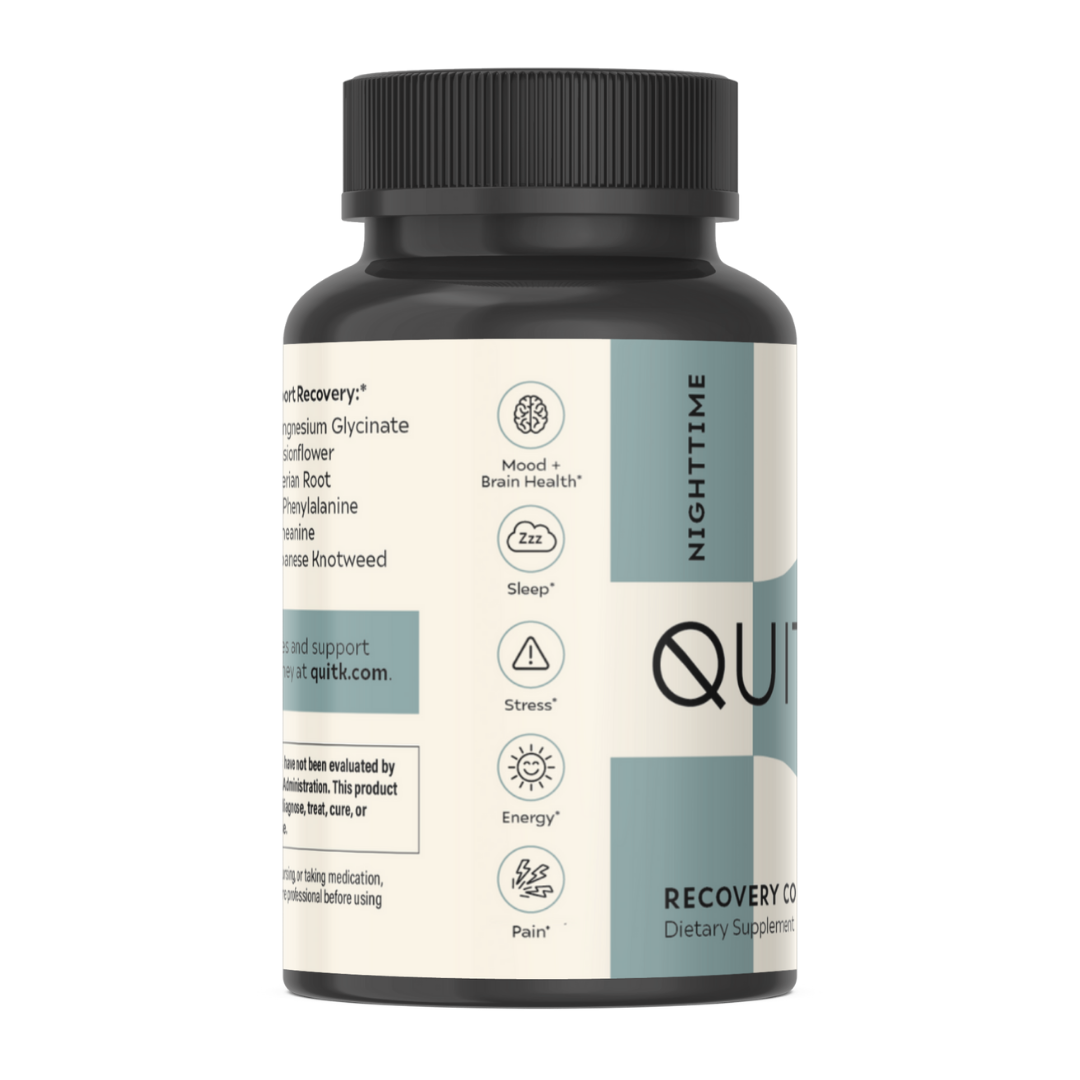
Vitamin C
Vitamin C is vital to your body's healing process. It is an antioxidant that helps protect your cells against the effects of free radicals — molecules produced when your body breaks down food or is exposed to tobacco smoke and radiation from the sun, X-rays, or other sources.
Why We Use It
-
Vitamin C, also known as ascorbic acid, is a water-soluble vitamin essential for normal growth and development. It is involved in many bodily functions, including:
-
Tissue growth and repair
Vitamin C is vital for the production of collagen, a protein necessary for healthy skin, cartilage, tendons, ligaments, and blood vessels. It aids in wound healing and maintains the integrity of bones and teeth.
Other Ingredients
View all-

DLPA
DLPA is a combination of two forms of the amino acid phenylalanine. It is known for its pain relieving and antidepressant properties, especially when combined with other supplements. It's reported...
-

Vitamin C
Vitamin C is vital to your body's healing process and an important antioxidant which can remove and neutralize oxidants in the body. There’s some evidence that vitamin C can help with pain...
-

Vitamin D
Vitamin D helps your body absorb magnesium which is essentially in helping to aid in sleep, relief in constipation and relief from restless leg syndrome which are all common during...

QuitK Recovery Complex
Experience natural relief from withdrawal symptoms with a supplement designed to support your body and mind.
View full details









